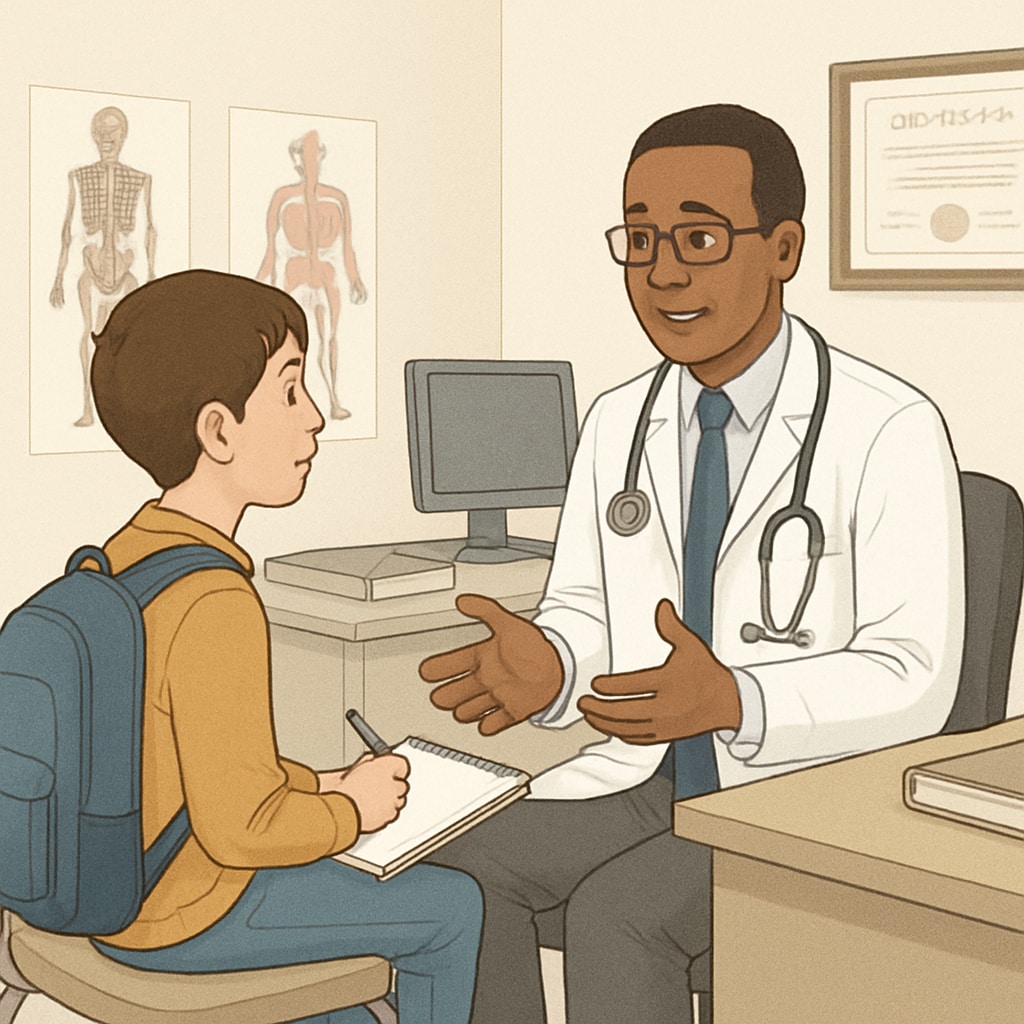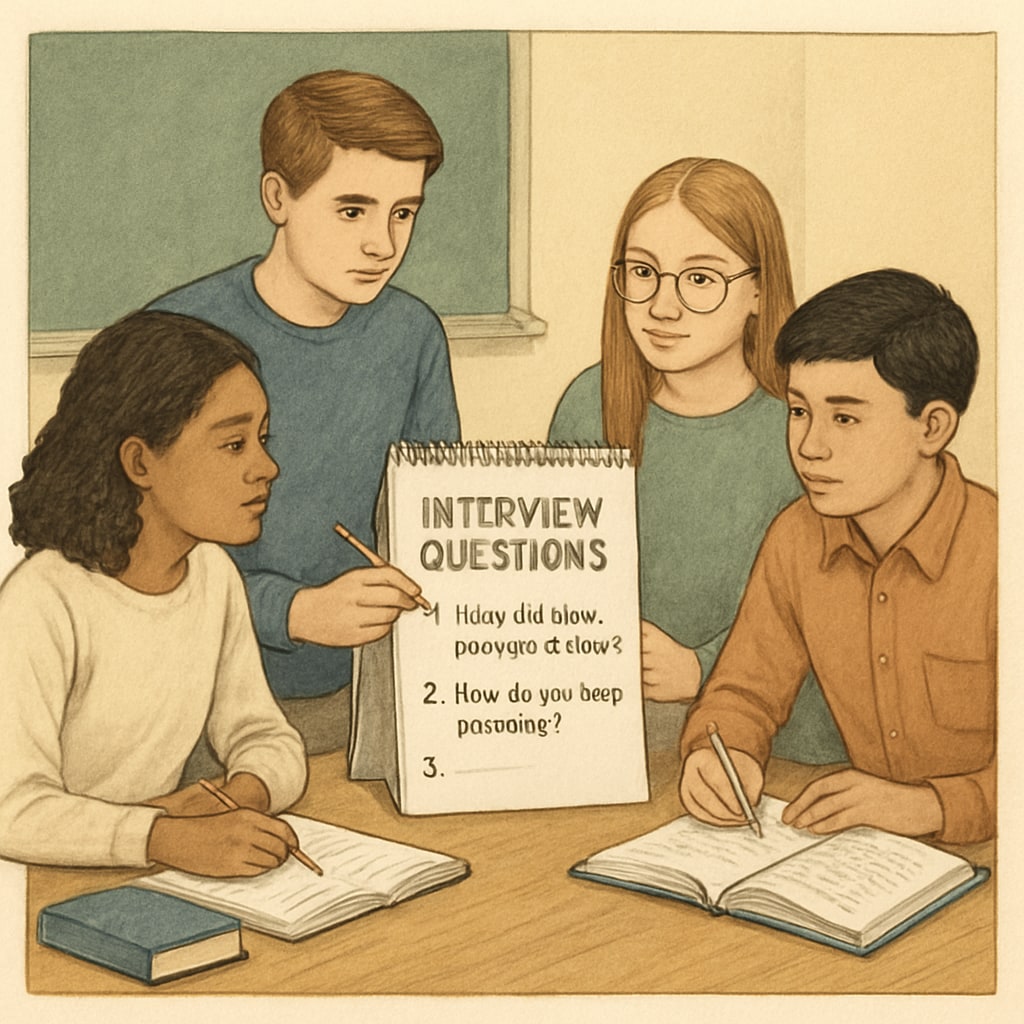Integrating medical career exploration into K12 education through school projects featuring physician interviews offers students a unique opportunity to engage directly with healthcare professionals. Such initiatives not only foster career awareness but also help students build essential planning skills for their future. By learning from experienced doctors, students can gain firsthand insights into the challenges and rewards of a medical career, inspiring them to consider this path seriously.
Why Medical Career Exploration Matters in K12 Education
Medical career exploration is an essential component of educational programs focused on developing informed and capable individuals. Early exposure to the medical field allows students to understand the diverse roles within healthcare, including physicians, nurses, and researchers. Additionally, these projects help students align their academic interests with long-term goals, making informed decisions about their future.
For example, engaging with physicians during interviews provides students with real-world perspectives on the commitment, education, and skills required to succeed in medicine. As a result, students can better evaluate whether this career aligns with their strengths and aspirations.

Designing Effective School Projects Featuring Physician Interviews
To implement a successful medical career exploration project, educators should carefully design activities that encourage meaningful engagement between students and medical professionals. Below is a step-by-step framework for such projects:
- Define Objectives: Clearly outline learning goals, such as understanding medical career paths, exploring required skills, and fostering professional interaction.
- Identify Participants: Collaborate with local healthcare providers to secure physician volunteers willing to share their experiences.
- Prepare Students: Teach students how to conduct interviews effectively, including crafting thoughtful questions and practicing active listening.
- Schedule Interviews: Arrange sessions with physicians, ensuring a balance between online and in-person formats for flexibility.
- Reflect and Analyze: Encourage students to document their findings and present them through essays, presentations, or creative projects.
By following these steps, schools can create enriching experiences that benefit both students and participating physicians.
Tips for Engaging with Medical Professionals
To maximize the impact of physician interviews, students should adopt a professional and inquisitive approach. Here are some tips for effective interaction:
- Research First: Understand the physician’s specialty and background before the interview.
- Ask Open-ended Questions: Focus on questions that invite detailed responses, such as, “What inspired you to pursue medicine?”
- Take Notes: Document key points during the discussion for later reflection.
- Express Gratitude: Always thank the physician for their time and insights.
These strategies not only enhance the quality of the interviews but also leave a positive impression on the professionals involved.

The Long-term Benefits of Medical Career Exploration
Projects like physician interviews have lasting impacts on students, including:
- Career Awareness: Students gain a deeper understanding of medical roles and responsibilities.
- Skill Development: Activities improve communication, research, and critical thinking skills.
- Professional Connections: Interactions with physicians can inspire mentorship opportunities and networking.
Moreover, these projects contribute to a larger purpose by encouraging the next generation of healthcare professionals to pursue their passions with confidence.
Readability guidance: Use concise paragraphs and lists to summarize key points. Ensure transitions like “however,” “therefore,” and “for example” are evenly distributed throughout the text. Focus on active voice and clear communication to maintain reader engagement.


